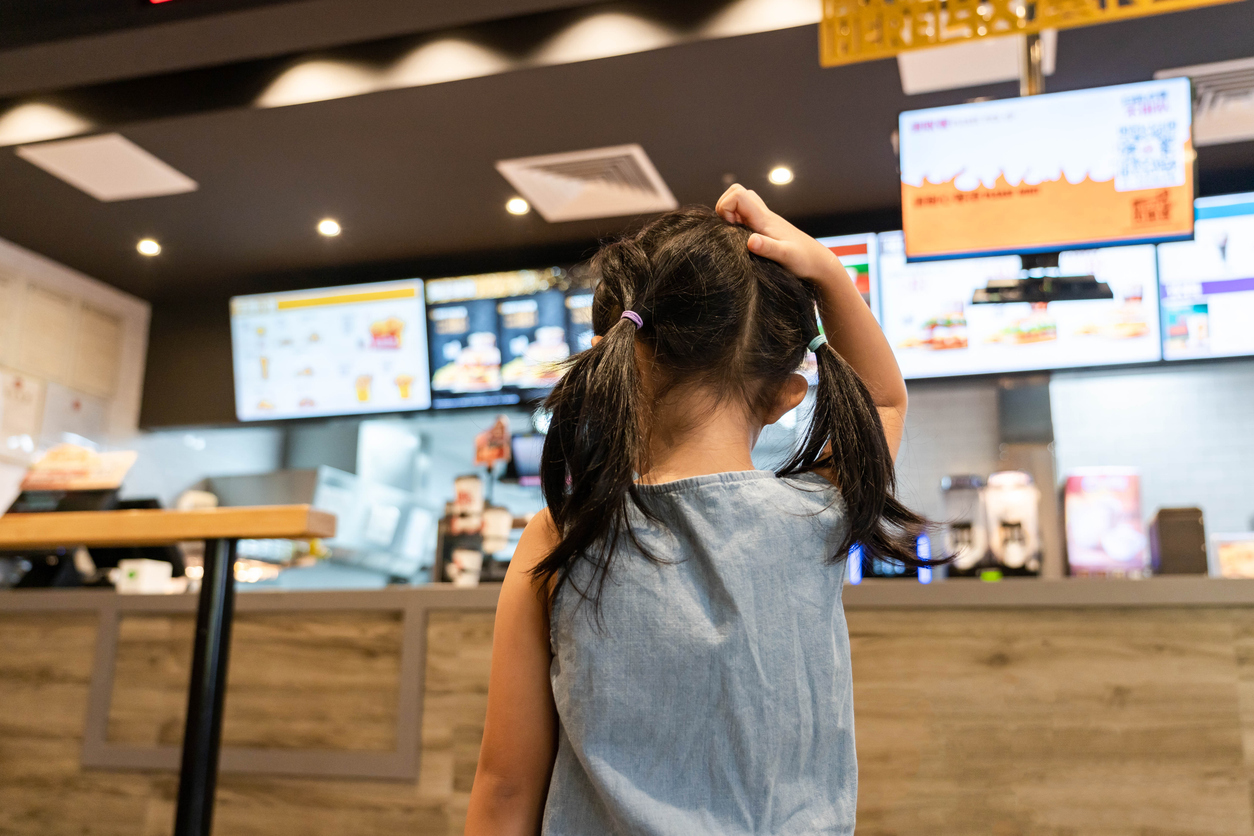Artificial intelligence (AI) refers to technology that allows machines to perform tasks that typically require human intelligence. Its significance is growing, especially in hospitality and dining. For restaurants, AI can be used to personalize menu recommendations, suggest dishes based on customer preferences, and automate phone ordering and drive-thru systems.
The market value of restaurant AI is currently $9.68 billion in 2024. It is expected to rise to $49 billion in the next five years, which shows how quickly it will be adopted in the years to come. AI is changing the way people use drive-thru restaurants. Additionally, predictive analytics help restaurants anticipate customer needs and optimize inventory management.
By embracing these technologies, restaurants can create a more enjoyable and efficient experience for their guests. If you're curious about how AI can enhance your restaurant's guest experience, keep reading.
Managed Reservation Process
Restaurants often need help managing reservations, resolving double booking issues, and overseeing the waitlist. These problems can frustrate customers and lead to lost revenue. AI technology simplifies reservations by automating bookings through user-friendly websites and apps.
With features like real-time availability updates, guests can easily see open tables and make reservations instantly. AI also uses predictive analysis to forecast busy times, allowing restaurants to prepare better for peak hours.
Personalized reminders also help reduce no-shows and keep everyone informed about their upcoming dining experiences. By adopting AI for reservation management, restaurants enhance customer satisfaction and streamline operations, making the dining experience smoother for everyone involved.
Voice And Chatbot Assistants
AI voice and chatbot assistants allow restaurants to efficiently handle customer inquiries, take orders, and provide information about the menu, special offers, or hours of operation.
Chatbots can engage customers on websites and social media, answering questions and assisting with bookings. Having these assistants available 24/7 means customers can interact with the restaurant outside regular business hours, for added convenience.
Guests can place orders or get information anytime, making their experience more seamless. By integrating AI voice and chatbot assistants, restaurants can improve communication and service quality while freeing staff to focus on in-person customer interactions.
Tailored Menu Recommendations
Tailored menu recommendations are personalized suggestions that enhance the dining experience by offering dishes that match a customer’s tastes and preferences. AI algorithms analyze customer data, including past orders, individual preferences, and dietary restrictions, to recommend meals that appeal to each diner.
This personalization makes customers feel valued, leading to a more enjoyable meal. For restaurants, tailored recommendations can increase sales by promoting high-margin items that customers will likely enjoy.
When diners receive suggestions that align with their preferences, they are more likely to order extra items or try new dishes. This dual benefit of enhancing the customer experience while boosting restaurant profitability makes tailored menu recommendations a smart strategy for growing your digital business.
Effortless Delivery Process

AI-driven delivery play a crucial role in ensuring that food arrives quickly. These systems optimize delivery routes, predict delivery times, and effectively manage delivery personnel to enhance overall service.
By analyzing real-time traffic data and customer locations, AI helps drivers navigate the best paths, reducing delays. Additionally, AI integrates with third-party delivery services like DoorDash or UberEats, streamlining the entire process from order placement to final delivery.
This ensures that restaurants can fulfill customer expectations for timely and accurate deliveries, ensuring brandsmaintain a high customer satisfaction rating and foster loyalty through delivery operations.
AI-Enabled Customer Feedback
AI-enabled feedback systems gather, analyze, and interpret input from various sources, including online reviews, surveys, and social media. This customer data analysis allows restaurants to identify trends, pinpoint common complaints, and discover improvement areas.
Using AI, restaurants can quickly respond to customer insights and implement changes that enhance the dining experience. For example, if diners frequently mention slow service, the restaurant can adjust staff schedules or improve training.
This proactive approach helps restaurants meet customer expectations and build lasting relationships with diners. By leveraging AI to analyze feedback, restaurants can adapt to their customers’ needs and create a more enjoyable dining atmosphere.
Inventory Management
Restaurants need help with inventory management, including waste, overstocking, and stockouts. These problems can lead to financial losses and affect customer satisfaction. AI helps predict inventory needs by analyzing sales trends, seasonality, and menu changes, allowing restaurants to minimize waste and optimize stock levels.
For instance, if a dish is popular during summer, AI can forecast higher demand and suggest increasing its stock. Automated inventory management systems provide real-time tracking of stock levels and send alerts when items run low.
This proactive approach ensures restaurants always have the right ingredients, reducing the risk of running out or throwing away excess food. By leveraging AI for inventory management, restaurants can streamline operations and focus on providing excellent service to their guests.
Well Managed Staff
Having a well-managed staff is crucial for delivering an exceptional guest experience. AI plays a significant role in this process by assisting with scheduling. It analyzes customer traffic patterns to optimize workforce allocation during peak times, ensuring that restaurants are well-staffed when demand is highest.
This approach helps improve service speed and overall customer satisfaction. Additionally, AI's role in employee training is essential for continuous improvement. AI can analyze employee performance data to identify areas needing enhancement, enabling targeted training programs that address specific skills.
By providing focused development opportunities, restaurants can enhance employee performance and morale. With AI supporting both scheduling and training, restaurants can create a more efficient and skilled workforce, ultimately leading to a better dining experience for guests.
Enhance Your Customer Experience With Checkmate
AI enhances the customer experience by personalizing interactions, streamlining ordering, and providing valuable insights. With advanced AI solutions, restaurants can transform their digital offerings. If you're ready to implement AI phone ordering or drive-thru solutions and elevate your customer experience, Checkmate can help. Contact us today to discover how our innovative technologies can benefit your restaurant.





